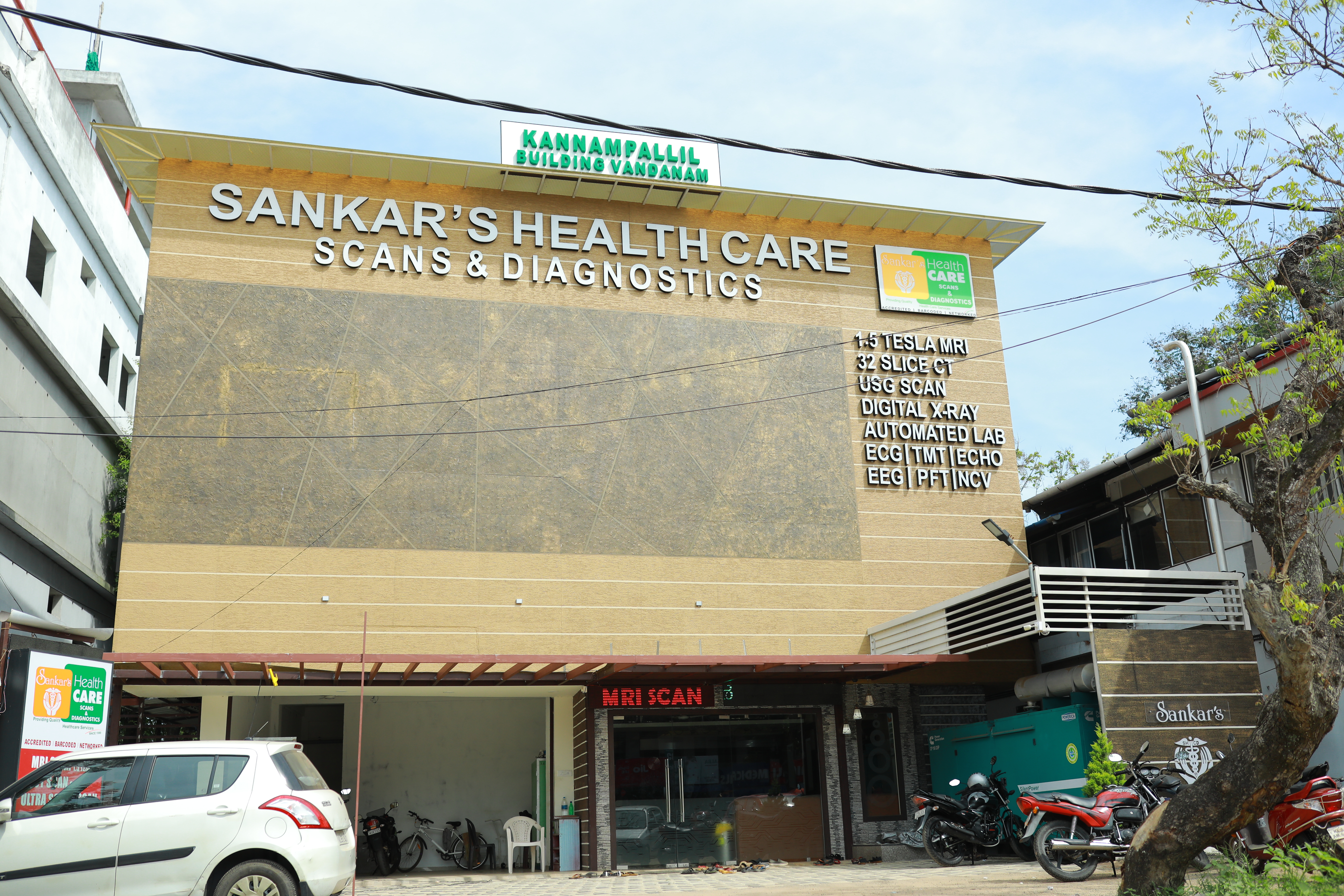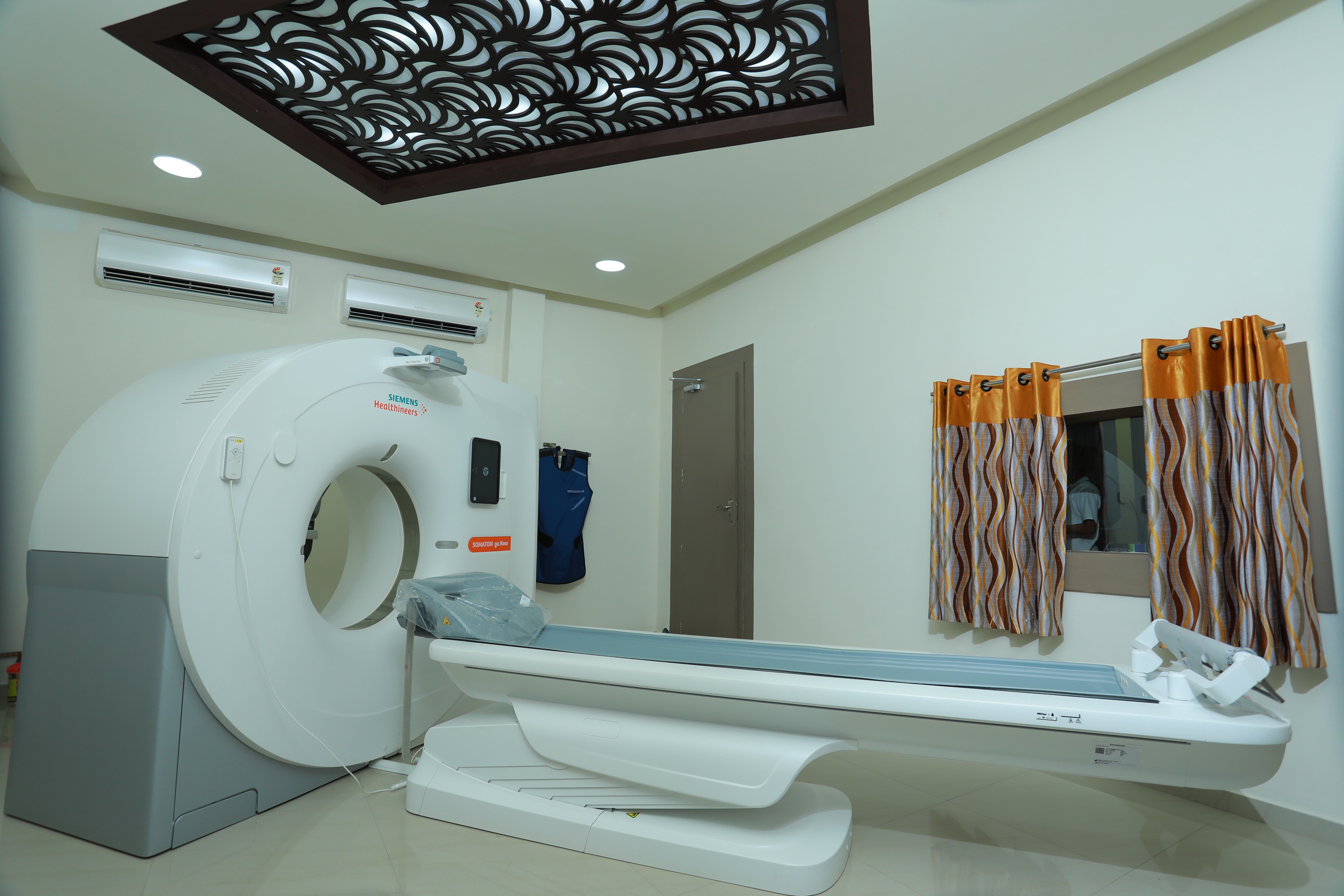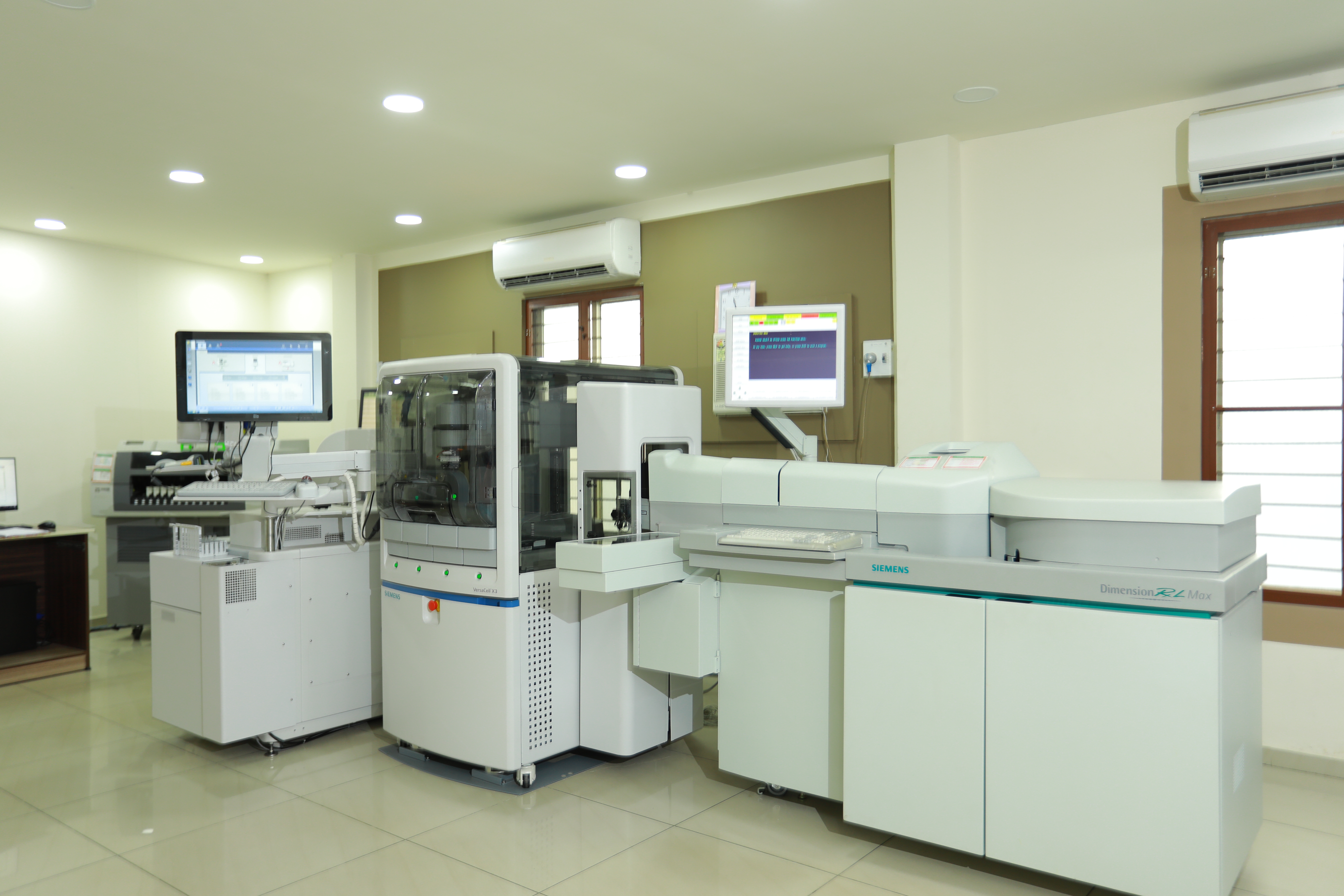| Vandanam | | 9526024488 |
| Alappuzha | | 9526014488 |
| Cherthala | | 9526014488 |
| Harippad | | 9947034433 |
| Pathirappally | | 9961234488 |
| Vandanam | | 9526024488 |
| Alappuzha | | 9526014488 |
| Cherthala | | 9526014488 |
| Harippad | | 9947034433 |
| Pathirappally | | 9961234488 |



Microbiology (from Greek μ?κρος, m?kros, "small"; β?ος, bios, "life"; and -λογ?α, -logia) is the study of microscopic organisms, either unicellular (single cell), multicellular (cell colony), or acellular (lacking cells).[1] Microbiology encompasses numerous sub-disciplines including virology, mycology, parasitology, and bacteriology.
Eukaryotic microorganisms possess membrane-bound cell organelles and include fungi and protists, whereas prokaryoticorganisms—which all are microorganisms—are conventionally classified as lacking membrane-bound organelles and includeeubacteria and archaebacteria. Microbiologists traditionally relied on culture, staining, and microscopy. However, less than 1% of the microorganisms present in common environments can be cultured in isolation using current means. Microbiologists often rely on extraction or detection of nucleic acid, either DNA or RNA sequences.
As an application of microbiology, medical microbiology is often introduced with medical principles of immunology as microbiology and immunology. Otherwise, microbiology, virology, and immunology as basic sciences have greatly exceeded the medical variants, applied sciences. Microbiology is the study of microscopic organisms, such as bacteria, viruses, archaea, fungi, and protozoa. Microbiology laboratory tests use techniques to spot microorganisms like bacteria, fungi, parasites, and viruses. Hi. Tech offers a complete range of Microbiology laboratory testing services.

Automated Culture & Sensitivity System. Reliable microbial identification and antibiotic susceptability testing Advanced expert system with unique identification software to ensure confidence in results.